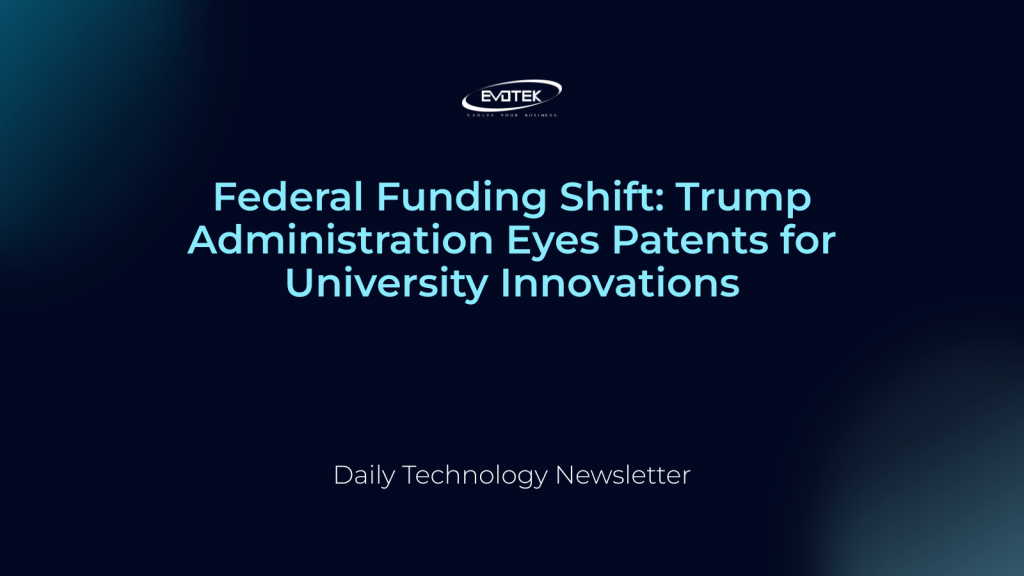Secretary of Commerce Howard Lutnick has announced that the U.S. government is in discussions with leading universities to establish agreements that would grant the federal government ownership of patents stemming from their research and inventions. This move comes as the administration seeks a return on the significant federal grants provided to these institutions.
During a recent Cabinet meeting, attended by President Donald Trump and members of the press, Lutnick articulated the government’s rationale. He stated that in exchange for the “tens, if not hundreds, of billions of dollars” distributed annually in research grants, the American taxpayers, who fund these grants, should receive a stake in the resulting intellectual property.
This initiative represents a notable departure from conventional conservative economic principles, which typically advocate for limited government intervention in private enterprise. The proposal follows closely on the heels of a deal with Intel, where the federal government secured a 10 percent stake in the prominent computer chip manufacturer. Such actions could spark debate among free-market advocates within the Republican Party.
Discussions Underway with Top Institutions
Secretary Lutnick confirmed that his department is already in communication with institutions like Harvard University regarding the implementation of these new agreements. He highlighted the current situation where universities retain full ownership of patents despite substantial federal investment in their research endeavors.
“We have given tens, if not hundreds, of billions of dollars to universities for them to do research, and they invent things, and you know who owns those patents? The universities,” Lutnick remarked, prompting a nod and smile from President Trump. “So we are going to make a deal with them all, which is: if we give them the money, don’t you think it’s fair that the United States of America, and the taxpayers who funded it, get a piece of that?”
Defending the Government’s Stance on Ownership
The Commerce Secretary further elaborated on the administration’s approach to ownership in a recent CNBC interview. When pressed by host Andrew Ross Sorkin about companies like Boeing and Palantir, Lutnick argued that these corporations derive substantial profits from government contracts, making a government stake logical.
“I mean, Lockheed Martin makes 97 percent of their revenue from the U.S. government. They are basically an arm of the U.S. government,” Lutnick explained. He emphasized the need for a re-evaluation of how federal acquisitions and munitions are financed, suggesting that previous methods constituted a “giveaway.”
White House Emphasizes Taxpayer Returns
In a statement, White House spokesperson Kush Desai underscored the administration’s focus on maximizing returns for taxpayers. Referencing the Intel deal, Desai asserted, “The Trump administration is ensuring that taxpayers are able to reap the upside of the federal government’s investments into safeguarding our national and economic security—all while simultaneously pushing supply-side reforms like deregulation and The One Big Beautiful Bill’s tax cuts to let the free market restore America as the world’s most dynamic economy.” Desai also contrasted this approach with the previous administration’s legislative efforts, which he claimed prioritized “DEI [diversity, equity and inclusion] over taxpayer return.”
As of now, universities reportedly in contact with the White House have not issued any public announcements regarding these proposed patent ownership deals. The future implications for academic research, innovation, and the relationship between federal funding and intellectual property remain a key area to watch.

 日本語
日本語 한국어
한국어 Tiếng Việt
Tiếng Việt 简体中文
简体中文